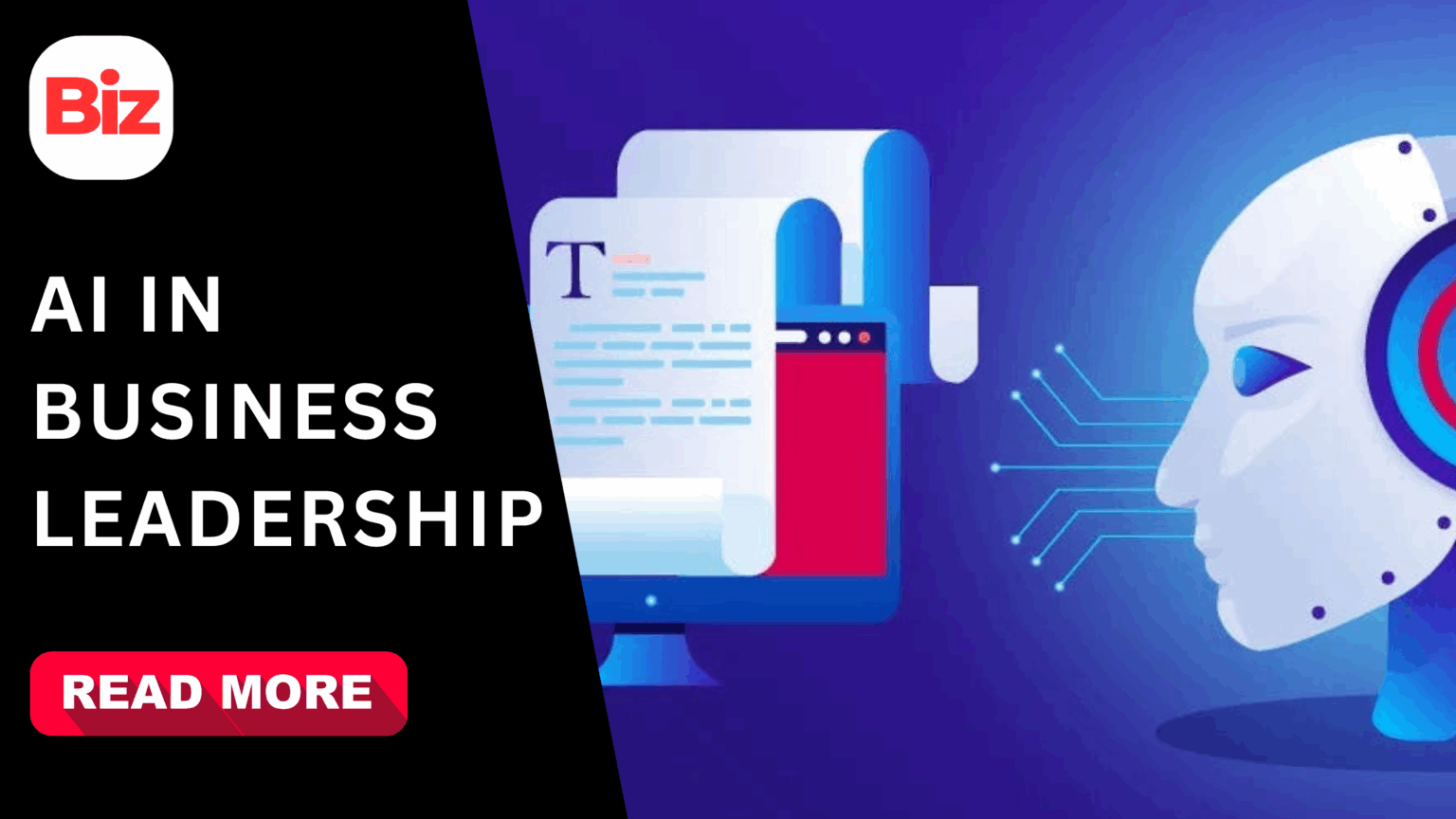- Content Creates the Value, AI Multiplies It
- Why the C-Suite Must Lead Content Strategy
- The Role of Transformative AI in Business Strategy
- AI Risks Are Content Risks
- The Role of AI in Digital Transformation
- AI Data Transformation as a Strategic Foundation
- How AI Agents Transform Content Marketing
- A Powerful AI Breakthrough Is About to Transform the World
- Case Study: Enterprise Adoption
- Conclusion: Why Content Belongs in the C-Suite
Executives hear a lot about artificial intelligence reshaping industries. But here’s the truth: AI doesn’t transform businesses, content does. Artificial intelligence is just accelerating what is already there. In case your organization is powered by solid, correct, and properly regulated content, AI will intensify that achievement. In a case where the foundation is weak, AI will only accelerate the confusion.

That’s why content is no longer just a marketing function. It has become a C-Suite priority, central to vision, risk management, and value creation.
Content Creates the Value, AI Multiplies It
It’s tempting to view AI as the main driver of change. In reality, content is the engine. AI serves as the accelerator.
Every AI tool, whether it’s a chatbot, virtual assistant, or recommendation engine. It relies on content. If the content is incomplete or outdated, AI doesn’t correct it. Instead, it multiplies the errors.
This makes content maturity a business-critical issue. Without disciplined, reliable content, even the most advanced AI investments fall short.
Why the C-Suite Must Lead Content Strategy
Content is more than creative output. It powers every department:
- Marketing uses it to tell the brand story.
- Sales relies on it to close deals.
- HR uses it to define culture and policy.
- Finance depends on it for accurate disclosures.
When content is fragmented or inconsistent, risk spreads across the entire organization. For companies undergoing AI-driven digital transformation, the stakes are even higher. This is why executives, not just marketers must take ownership of content strategy.
The Role of Transformative AI in Business Strategy
The rise of transformative AI has changed the game. These technologies don’t just improve efficiency; they reshape how companies operate. From automating workflows to generating insights, AI offers enormous opportunities.
But the results depend on the quality of the content systems it accelerates. Strong governance ensures AI becomes a growth driver. Weak systems, on the other hand, turn it into a liability.
AI Risks Are Content Risks
AI doesn’t simply produce words. It decides how to frame information, what sources to cite, and which tone to use. That introduces new forms of risks like:
- A chatbot might cite outdated regulations.
- A sales assistant could exaggerate claims.
- A digital advisor may pull from unverified sources.
These aren’t just technical glitches, they’re governance issues. They raise executive-level questions:
- Who is accountable for AI-generated information?
- How do we enforce compliance at scale?
- What happens when AI gets it wrong?
- These are questions the C-Suite must answer directly.
The Role of AI in Digital Transformation
Every digital transformation depends on communication. Employees need clarity. Customers expect personalized interactions. Regulators demand accuracy.
Here, the role of AI in digital transformation is not to replace human oversight but to strengthen it. AI can process large datasets, identify trends, and tailor experiences. But without accurate, well-structured content, its output can’t be trusted.
AI Data Transformation as a Strategic Foundation
Content and AI rely on one common factor: data. If data is messy, fragmented, or ungoverned, AI tools will fail. That’s why AI data transformation is now central to business strategy.
Clean, integrated, and well-managed data doesn’t just improve AI performance. It also ensures content is accurate, consistent, and trustworthy across the enterprise.
How AI Agents Transform Content Marketing
Marketing provides a clear example of AI’s impact. Intelligent agents now analyze customer behavior, monitor sentiment, and personalize campaigns in real time. This demonstrates how AI agent transform content marketing into a faster, smarter, and more measurable function.
For the C-Suite, this changes the equation. Marketing is no longer a cost center. With AI agents, it becomes a direct driver of growth and competitive advantage.
A Powerful AI Breakthrough Is About to Transform the World
We are on the edge of a revolution. Across industries, a powerful AI breakthrough is about to transform the world. Healthcare, finance, and retail are already showing signs of change.
For content leaders, this means hyper-personalization at scale. Customers will no longer settle for generic experiences. They’ll expect communications that feel as if they were crafted specifically for them.
The companies that thrive will be those whose leaders prepare now, building the foundations before scaling AI.
Case Study: Enterprise Adoption
Industry giants like IBM show how AI adoption succeeds when paired with disciplined content systems. Their AI tools automate workflows, analyze data, and deliver insights—but the success lies in how they integrate with structured, reliable content.
This proves a simple point: AI is only as valuable as the systems it accelerates. Without content leadership at the executive level, even the best AI remains underused.
Conclusion: Why Content Belongs in the C-Suite
AI is changing business, but it isn’t the true transformation. Content is. AI only accelerates its impact. That means content governance, maturity, and strategy can no longer be delegated. They must be executive responsibilities.
The path forward is clear:
- Treat content as a strategic asset, not overhead.
- Align it with corporate vision and values.
- Govern it with the same discipline as financial and legal functions.
- Use AI to enhance quality, not to scale flaws.
The companies that win in this new era won’t be the ones who simply adopt AI first. They’ll be the ones who recognize content as a C-Suite responsibility and harness AI to amplify its value.
YOU MAY ALSO READ: BEST TECH AND AI BUSINESS IDEAS








